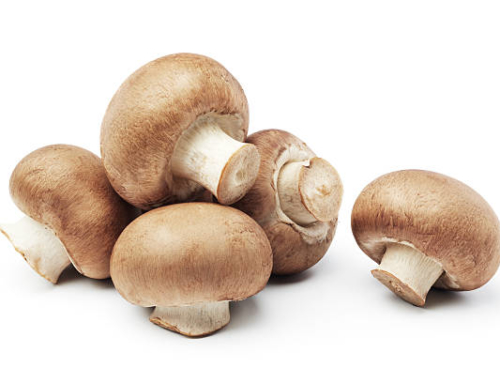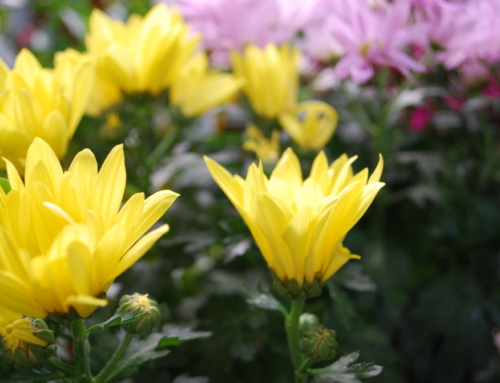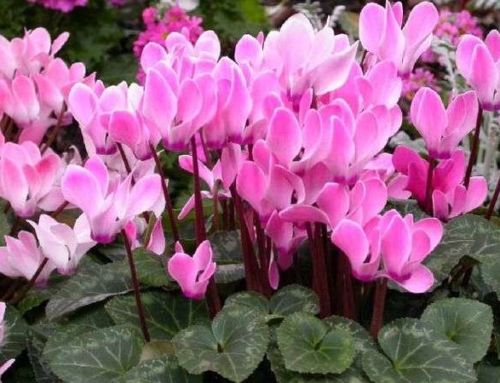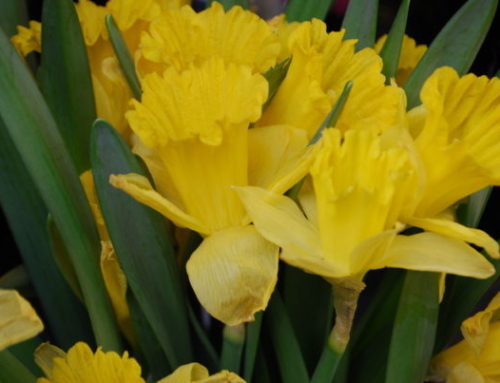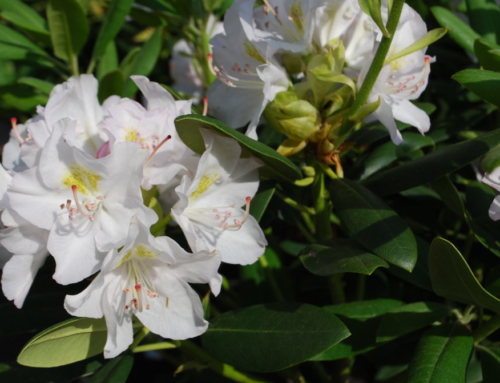If you have any reason to suspect your pet has ingested something toxic, please contact your veterinarian or one of the other resources listed:
• ASPCA Animal Poison Control Center 24-hour hotline at (888) 426-4435
• Pet Poison Helpline® 24-hour animal poison control service at (855) 764-7661
Tulips
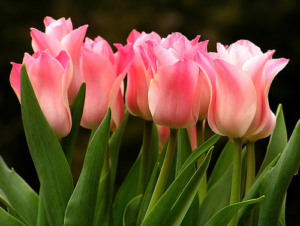
Common Name: Tulip
Scientific Name: Tulipa sp.
The tulip is a common flowering bulb predominately found in many parts of the US. The entire plant can cause irritation if ingested, but the bulb is the most toxic part containing tulopiside A. When storing bulbs indoors, keep away from pets and children.
Signs and symptoms of toxicity: oral/skin irritation, salivation, nausea and vomiting
Toxic Consumption: The minimum threshold for toxicity is not known and if exposure is suspected then seek treatment as soon as possible.
References:
– Canadian poisonous plants information system. Canadian Biodiversity Information Facility Web site. http://www.cbif.gc.ca.libproxy.lib.unc.edu/eng/species-bank/canadian-poisonous-plants-information-system/all-plants-scientific-name/tulipa-gesneriana/?id=1370403267037 Updated 2014. Accessed May 20, 2015.
– Tulipa spp. North Carolina State University Web site. https://plants.ces.ncsu.edu/plants/all/tulipa-spp/ Accessed May 20, 2015.
– image: http://img.wylio.com/flickr/3894/500/112651128
Pet Poison Control is provided free as a public service by the American College of Veterinary Pharmacists. Today we’re asking you to support us with a small donation. If you would like to dedicate your gift in honor or memory of a pet or individual, you will have that option before checkout. Your gift of any amount helps us maintain this resource and make it available to the pharmacy and veterinary communities. Thank you!

